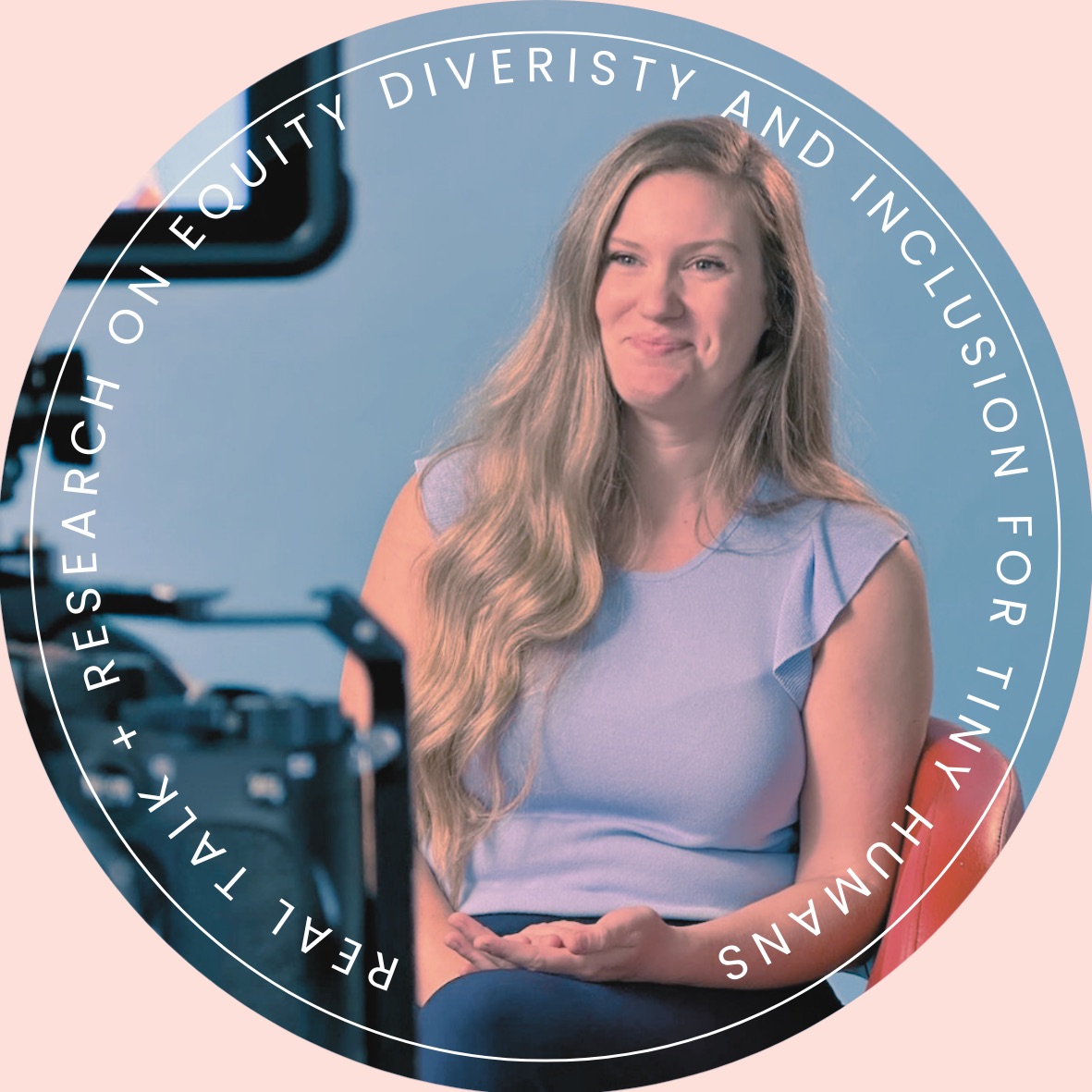Facilitating SEL Skills Through Play
- Emily Clark

- Jan 21, 2024
- 2 min read
"Kindergarten teachers’ facilitation of social and emotional learning in classroom play contexts" by Nicole Larsen and Angela Pyle, et al emphasizes the importance of both child-directed and teacher-facilitated play to support children's social-emotional learning (SEL) skills.

The article highlights specific strategies that teachers can use to support SEL in both child-initiated and teacher-facilitated play. For example, teachers can model positive social behaviors during play, prompt children to use specific SEL skills (such as perspective-taking or emotion regulation), and provide opportunities for children to reflect on their own and others' emotions.
The authors found that while play-based learning is undoubtedly effective in promoting children's social and emotional development, there were some specific SEL competencies that were not frequently targeted in play-based learning, including social awareness, self-awareness, and responsible decision-making. This underscores the importance of intentional planning and implementation of play-based activities to ensure that all SEL competencies are being addressed.
The authors suggest that teachers can be more intentional about incorporating these specific competencies into their play-based learning activities, for example, by including activities that promote perspective-taking or decision-making skills. By doing so, teachers can ensure that children are developing a wide range of SEL competencies through play-based learning experiences.
Overall, the article emphasizes the importance of intentional planning and implementation of play-based activities to support children's social and emotional learning, and highlights the need for teachers to be aware of specific SEL competencies that may not be naturally targeted in play-based learning.
We know that social emotional learning happens within the context of play- with or without adults present to provide explicit teaching. However, I love that this research highlights the importance of evaluating what types of social emotional learning we see children accessing independently during play, where we are applying support, and what we might need to bring into our practice to make sure we’re meeting all children’s needs. Additionally, this article provides excellent evidence for how children and teachers use play as a time to target social and emotional learning which is key to later academic success.

References:
Nicole Larsen, Angela Pyle, Erica Danniels, Marsha Marzouca & Raadiyah Nazeem (2023) Kindergarten teachers’ facilitation of social and emotional learning in classroom play contexts, Education Inquiry, DOI: 10.1080/20004508.2023.2192900





Comments